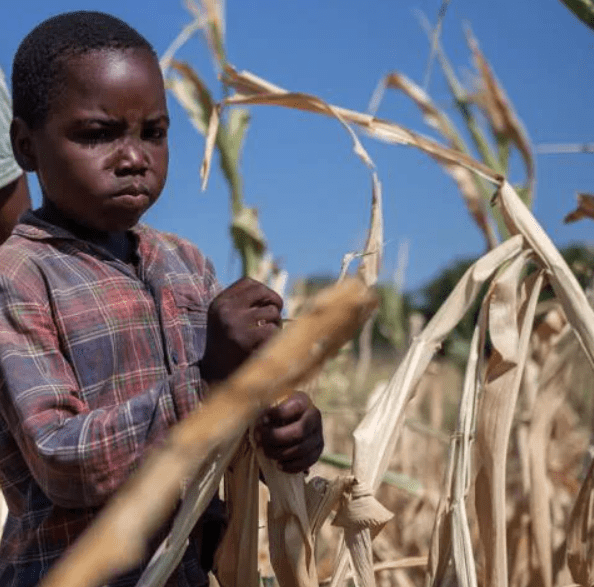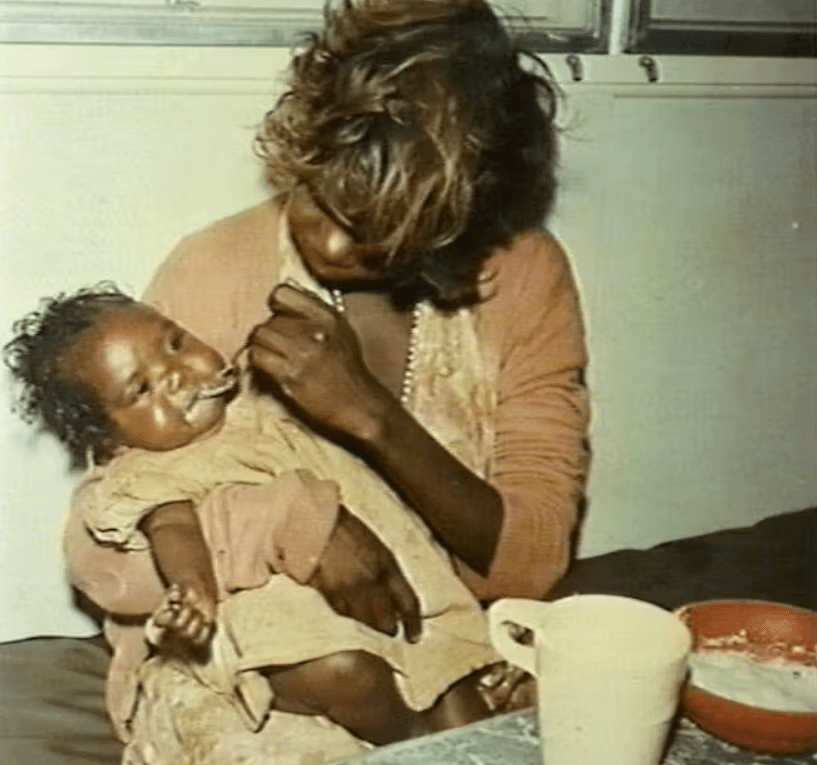Amidst the scorched landscapes and parched earth of Zambia, a nation reeling from the grip of its worst drought in over two decades, lies an opportunity for transformation.
In an exclusive conversation with BACKCOVERNEWS.COM, Dr. Elias Munshya, Zambia’s High Commissioner to Australia, unveiled a vision of hope amidst the devastation, presenting the climate crisis as a catalyst for agricultural innovation.
The drought, fuelled by the El Niño weather phenomenon, has plunged seven out of ten provinces into the depths of despair. Crops withered, water sources evaporated, and over a million families now face the specter of severe food shortages.

President Hakainde Hichilema’s declaration of a national disaster and emergency underscored the gravity of the situation, marking a poignant moment in Zambia’s history.
Dr. Munshya believes the crisis serves as a clarion call for change, particularly in the realm of agriculture for the nation’s nearly 20 million people.
“This drought, this issue that has confronted us due to climate change, provides us with an opportunity to implement change,” he said. “It’s about sustainable agricultural practices, ensuring that we are irrigating and increasing the yields per hectare of our crops.”
With maize (corn) standing as the cornerstone of Zambia’s food diet, the ramifications of the drought are deeply felt. The absence of rain and the relentless heat have exacted a toll on this vital crop, jeopardising the nation’s food security. Yet, amidst adversity, Dr. Munshya envisions a path forward—one paved with resilience and innovation.
Central to his vision is the transformation of agriculture into a thriving business, one that uplifts subsistence farmers from the depths of poverty.
“If agriculture is to make a difference in our country, then we must treat it as a business,” he said. “We are targetting peasant farmers, ensuring they can earn a living while growing our food.”
However, the challenges extend far beyond Zambia’s borders. Dr. Munshya acknowledges the global nature of the climate crisis, calling for collective action to mitigate its impact.
“Our world, in fact, is facing huge climate issues,” he said. “We must pull together as one world to ensure sustainability.”

Jo Musonda, Save the Children Country Director in Zambia, said more than one million children are facing severe food shortages and some children have been forced to survive on a single daily meal of boiled waterlily roots, nuts and wild fruits.
“Many hard-hit families are being forced to take desperate measures to cope with the crisis, such as reducing their daily meal intake, selling off livestock and foraging for hours each day for wild fruits, roots and nuts,” Musonda said.
“Children report feeling dizzy from hunger and find it hard to concentrate during class, sometimes forcing them to skip days of school each week.
“Access to clean water is huge problem as some streams, wells and flood plains have dried up and people often travel hours each day to collect water. Some families report digging shallow holes in the ground to find water when their traditional water source runs dry. We are calling for urgent national and international action and funding to provide families and children with basic services including food and water.”
In response to the immediate crisis, Zambia’s government has mobilised resources, declaring a national disaster and establishing intergovernmental committees to coordinate relief efforts.
International partners have stepped in, offering aid to alleviate the suffering of those affected.
Looking ahead, the focus shifts to sustainable agriculture—a vision of resilience in the face of a changing climate.
“In the long-term, we are looking at sustainable agriculture,” Dr. Munshya affirmed. “Implementing agricultural technology, irrigation, and sustainable practices will pave the way for a brighter, more secure future.”
For Zambia, nestled in the heart of southern Africa, this crisis transcends borders. It presents an opportunity not only to address immediate needs but also to foster peace and security in the region.
“Our place right in the middle is that we can be a conduit for peace,” Dr. Munshya said. “Peace in food, energy, and water security.”
WATCH THE FULL INTERVIEW BELOW

